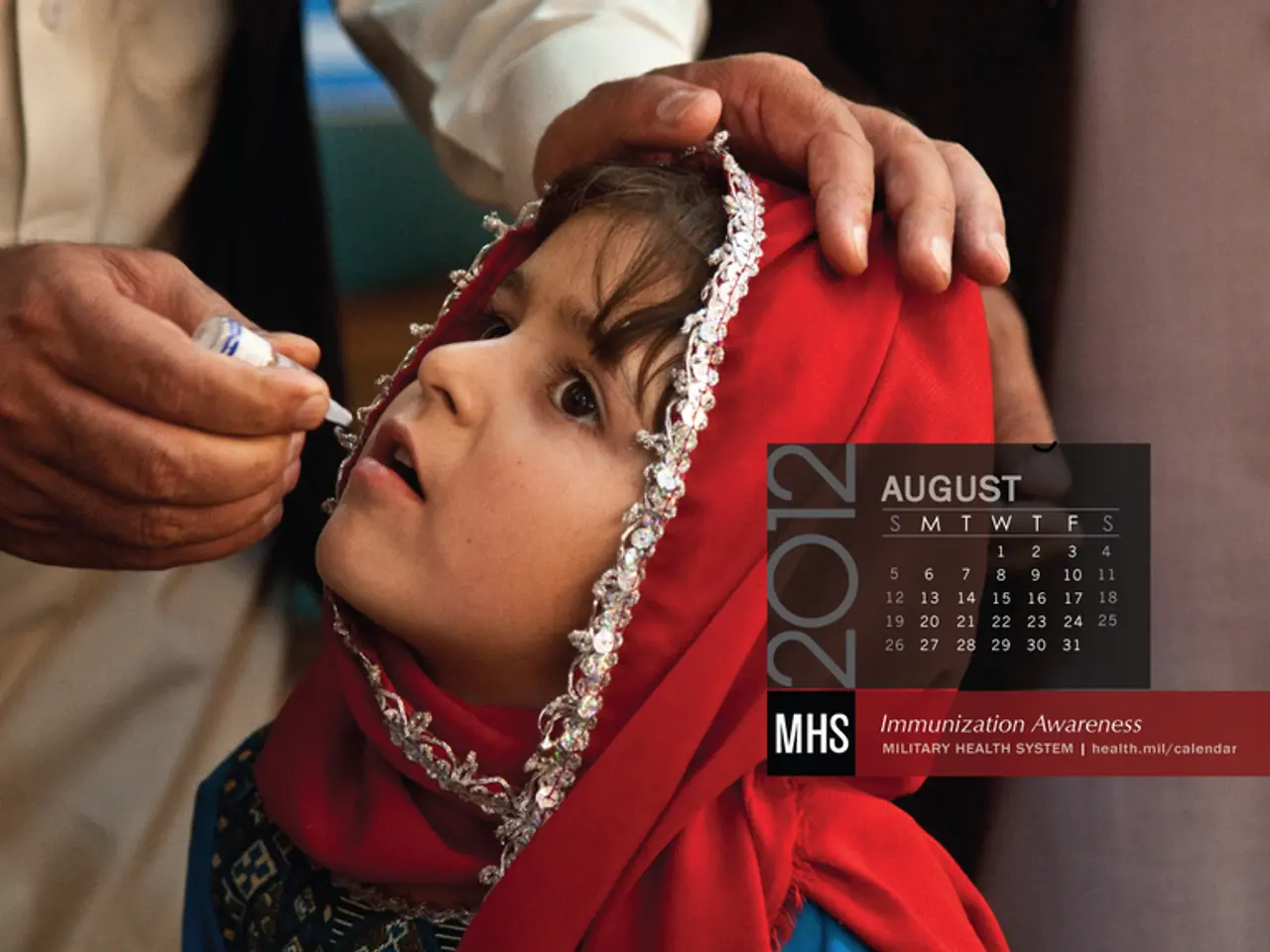Senators from different political parties seek CDC supervision after dismissal of its leader
The Centers for Disease Control and Prevention (CDC) is currently facing a significant shift in leadership, following a series of resignations and a controversial firing.
In a surprising turn of events, Susan Monarez, who was confirmed as the CDC Director just a month ago, has been replaced. According to recent reports, Health and Human Services (HHS) Secretary Robert F. Kennedy has overseen the replacement of all members of a vaccine advisory board, a move that has raised eyebrows in the public health community.
Monarez's lawyers have stated that she refused to rubber-stamp unscientific, reckless directives and fire dedicated health experts. However, no official dismissal has been announced, and Monarez's team maintains that she has not resigned.
The resignations of key officials, including Chief Medical Officer Debra Houry, National Center for Immunization and Respiratory Diseases Director Demetre Daskalakis, National Center for Emerging and Zoonotic Infectious Diseases Director Dan Jernigan, and Jennifer Layden, director of the Office of Public Health Data, Surveillance and Technology, have added to the turmoil. These officials cited ongoing budget cuts, agency reorganization, and politicalization of public health efforts as reasons for their decisions to leave.
The firing of Monarez has prompted the resignations of four other senior leaders at the CDC. This mass exodus of experienced professionals has left the agency in a precarious position as it navigates the ongoing COVID-19 pandemic.
Deputy HHS Secretary Jim O'Neill is currently acting director of the CDC, according to the CDC's website. Kennedy, who is scheduled to testify next week before the Senate Finance Committee, has stated that there's a lot of trouble at CDC and it's going to require getting rid of some people to change the institutional culture.
Sen. Bernie Sanders is pushing for a bipartisan investigation into the firing of CDC Director Susan Monarez. Sanders points to statements by former CDC officials that Kennedy has been putting political pressure on the agency. Sen. Cassidy has called for the postponement of the vaccine advisory committee's scheduled Sept. 18 meeting due to "serious allegations...about the meeting agenda, membership and lack of scientific process being followed."
As the situation at the CDC unfolds, the public health community and the nation as a whole are left to wonder about the future of the agency and its role in combating the ongoing COVID-19 pandemic. The resignations and firing have raised concerns about the politicization of public health decisions and the potential impact on the agency's ability to effectively respond to the pandemic.
In the midst of this crisis, CDC employees have gathered outside of the agency's Atlanta headquarters to support the departing officials and express their concerns about the direction of the agency. The Food and Drug Administration has also limited eligibility for the next round of COVID shots, adding another layer of complexity to the ongoing public health response.
As the situation continues to develop, it is clear that the CDC is at a critical juncture. The future of the agency and its role in protecting public health hang in the balance, and the nation watches with bated breath to see how these events will unfold.
Read also:
- Nightly sweat episodes linked to GERD: Crucial insights explained
- Antitussives: List of Examples, Functions, Adverse Reactions, and Additional Details
- Asthma Diagnosis: Exploring FeNO Tests and Related Treatments
- Unfortunate Financial Disarray for a Family from California After an Expensive Emergency Room Visit with Their Burned Infant




